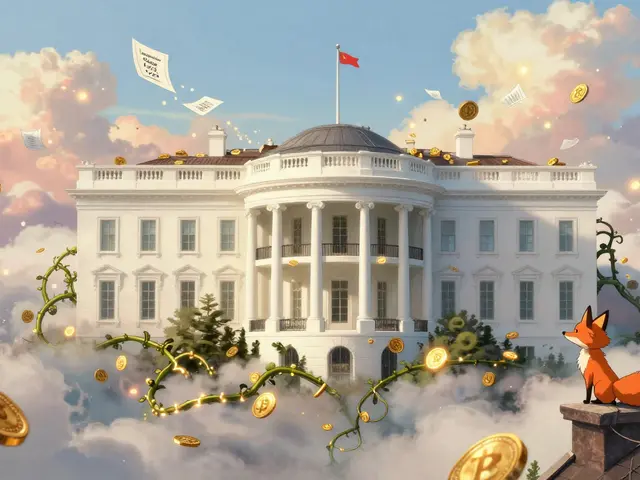Property Tokenization: Turning Real Estate into Digital Assets
When diving into property tokenization, the process of converting physical property rights into tradable digital tokens on a blockchain. Also known as real‑estate tokenization, it combines blockchain, a decentralized ledger that records token transfers with security tokens, regulated digital assets that represent ownership stakes to create fractional ownership, shares of a property that can be bought and sold independently. This synergy lets investors treat real‑estate like a stock, opening doors to new liquidity and global participation.
Property tokenization enables liquidity that traditional real estate has struggled with for decades. A single token can represent a 1% share of an office building, and that token can be traded on a secondary market within minutes, not months. Because the underlying ledger is a blockchain, every transfer is transparent, immutable, and instantly verifiable. This transparency reduces the need for costly title searches and middlemen, cutting transaction fees dramatically. In practice, investors can diversify with as little as a few hundred dollars, gaining exposure to markets that were once reserved for institutional buyers.
Key Components of Property Tokenization
The system rests on three core building blocks. First, smart contracts, self‑executing code that automates token issuance, dividend distribution, and ownership transfers enforce the rules without human intervention. Second, regulatory compliance, KYC/AML checks, securities laws, and jurisdiction‑specific filing requirements ensures that token offerings meet local legal standards, protecting both issuers and investors. Third, a trustworthy custody solution, a secure platform that holds the actual property deed or title and links it to the digital tokens bridges the physical and digital worlds. Together, these elements create a reliable pipeline from a brick‑and‑mortar asset to a liquid, programmable token.
Despite the promise, challenges remain. Jurisdictions differ on whether a tokenized property share counts as a security, a commodity, or something else entirely. This legal ambiguity can affect taxation, investor rights, and the ability to list tokens on public exchanges. Valuation is another hurdle; appraisers must adapt traditional methods to account for token supply, market demand, and smart‑contract fees. Finally, technical risk persists—bugs in smart contracts or vulnerabilities in custody platforms could jeopardize ownership records. That’s why many recent articles, like our deep dives on global crypto regulations and KYC/AML standards, stress the importance of thorough due diligence before jumping into a tokenized deal.
All of these pieces—blockchain, security tokens, smart contracts, and regulatory frameworks—interact to form a vibrant ecosystem where real estate can finally move at the speed of the internet. Below you’ll find a curated collection of posts that explore each angle in detail, from the nuts‑and‑bolts of token design to the latest legal updates shaping the market. Dive in to see how property tokenization is reshaping investment opportunities worldwide.
30
How Fractional Real Estate NFTs Let You Invest in Property for Less
Learn how fractional real estate NFTs split property into digital shares, lower entry costs, boost liquidity, and what risks to watch. A step‑by‑step guide for new investors.
Latest Posts
Popular Posts
Tags
- decentralized exchange
- crypto exchange
- crypto exchange review
- cryptocurrency
- crypto airdrop 2025
- CoinMarketCap airdrop
- blockchain
- meme cryptocurrency
- GENIUS Act
- cryptocurrency compliance
- crypto airdrop
- meme coin
- crypto trading
- fake crypto exchange
- Solana meme coin
- cryptocurrency valuation
- Binance Smart Chain
- underground crypto Nepal
- crypto airdrop guide
- crypto staking




